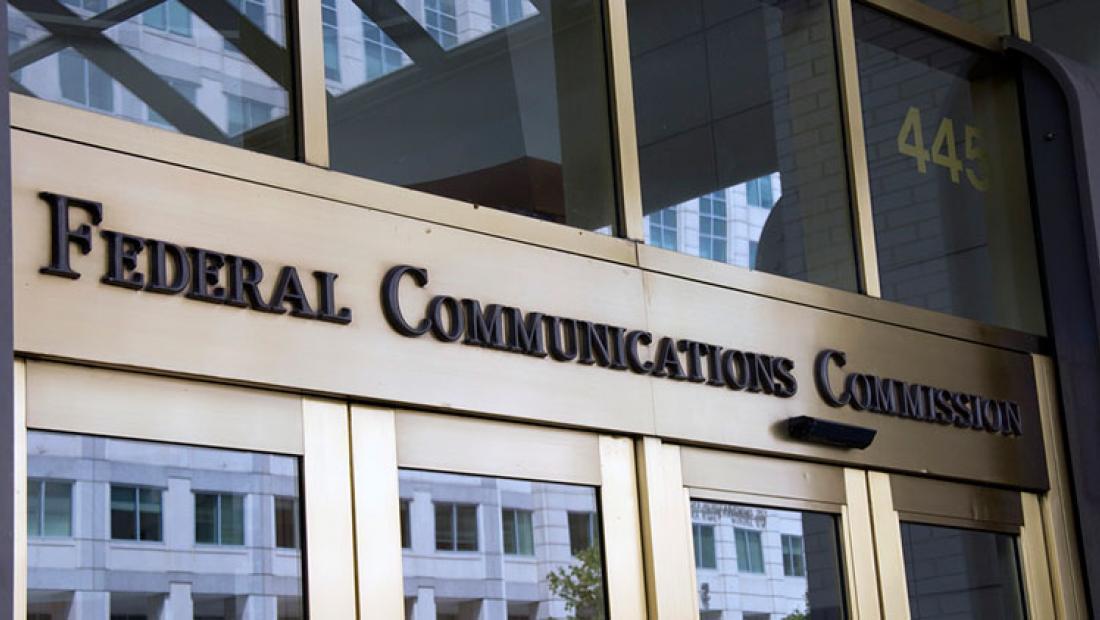FCC Should Be Bolder on Leased Access

The smarter way to stay on top of broadcasting and cable industry. Sign up below
You are now subscribed
Your newsletter sign-up was successful
In today’s video services market, consumers choose to access programming from multiple competing platforms. But in many respects, cable operators remain regulated as if direct broadcast satellite (DBS), “telephone company” video service providers and online video options don’t exist — not to mention wireless broadband providers with increasing video capabilities. Many legacy cable regulations are at odds with the free-speech rights of cable operators and undermine their ability to compete for consumers.
Currently, federal law requires cable operators to make available a portion of their channel capacity for leasing by unaffiliated video programmers. The FCC is responsible for establishing maximum rates as well as terms and conditions for cable operators’ leasing of that channel capacity. Cable’s leased access requirements date back to the Cable Act of 1984. Such mandates were intended to promote a multiplicity of video distribution outlets to consumers. And the underlying premise of legacy cable regulation, including leased access, was that cable operators possessed bottleneck or monopoly power over consumer access to video programming distribution.
Despite growing competition from DBS providers and newly deployed multichannel video programming distribution services offered by AT&T and Verizon Communications, the FCC in its 2008 Leased Access Order attempted to increase regulatory burdens rather than reduce them. But serious legal defects kept those rules from ever going into effect. The 6th U.S. Circuit Court of Appeals stayed the 2008 Leased Access Order because “substantial appellate issues” had been raised. The court suspected the regulations would have irreparably harmed cable operators by establishing unreasonably low rates, resulting in an influx of leased-access channels displacing other types of video content selected and paid for by cable operators.
No Sound Policy Basis
The procedural history surrounding the 2008 Leased Access Order supports the tentative finding in the FCC’s latest proposal (voted on last week) that “there is no sound policy basis for the rules adopted in the 2008 order at this point.” Moreover, the commission’s tentative finding that “vacating the 2008 Leased Access Order would be consistent with the goal of the commission’s Modernization of Media Regulation Initiative to remove rules that are outdated or no longer justified by market realities” is solidly backed by market evidence.
The FCC’s proposal would also modify its pre- 2008 leased access rules by, for instance, requiring cable operators to respond only to bona fide requests from prospective leased-access programmers. Additionally, its proposal would clarify commission procedures for addressing leased-access disputes. Those proposed changes are reasonable as far as they go. However, the FCC should build upon its proposal by seeking ways at least to lessen the serious conflict that exists between the First Amendment free speech rights of cable operators and leased-access mandates.
According to Supreme Court jurisprudence, the First Amendment prevents the government from dictating to speakers what they must say. Leased-access requirements conflict with free-speech principles because they are forced-speech mandates. Cable operators’ channel lineup selections and channel tier placements are editorial activities, and thus a form of constitutionally protected speech. But under the Cable Act, cable operators lose “editorial control over any video programming” on the channel capacity they are required to lease. Rate controls on leasing channel capacity also undermine cable operators’ editorial rights.
The smarter way to stay on top of broadcasting and cable industry. Sign up below
The editorial speech rights of cable operators in making channel lineup and tier placements appear even more commercially important today, as MVPDs seek to attract and retain subscribers tempted to rely exclusively on services from online video distributors. Now, in light of those significant market changes, enforcement of leased access requirements should be predicated on a finding of market power.
Because cable leased access is contained in the Communications Act, outright repeal may not be an option for the commission. But the commission should expressly identify the First Amendment problem posed by the leased-access requirements in today’s competitive video market. And the commission should modify its cable leased access proposal to incorporate market power requirements in order to ameliorate that constitutional problem.
At the very least, the FCC should make the existence or nonexistence of market power a factor in determining whether rates or terms and conditions for leased access offered by a cable operator are reasonable. Perhaps other options also exist by which the commission can incorporate market power findings into the operation of its leased-access rules. Such options should be fully explored by the commission in its leased-access proceeding.
The FCC deserves credit for putting forward the cable leased-access proposal, which deserved to be adopted. But, taking into account the First Amendment free-speech rights of cable operators in conjunction with today’s competitive video market, it should consider deregulating even more.
Cooper is a senior fellow at the Free State Foundation, a Rockville, Md.-based nonpartisan think tank promoting free-market public policies.
